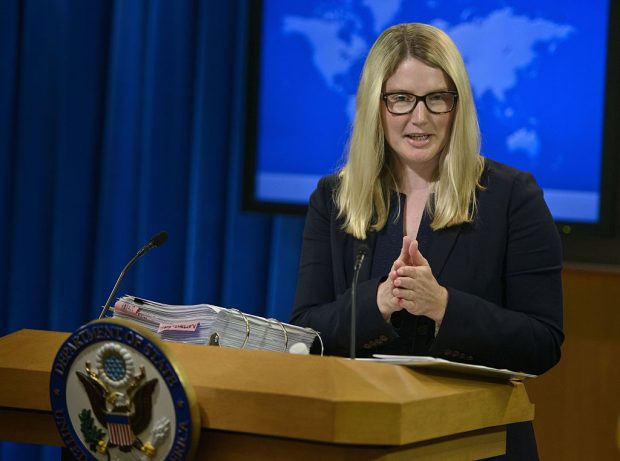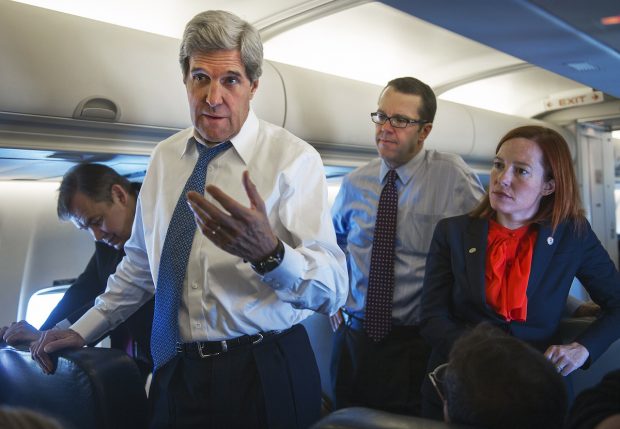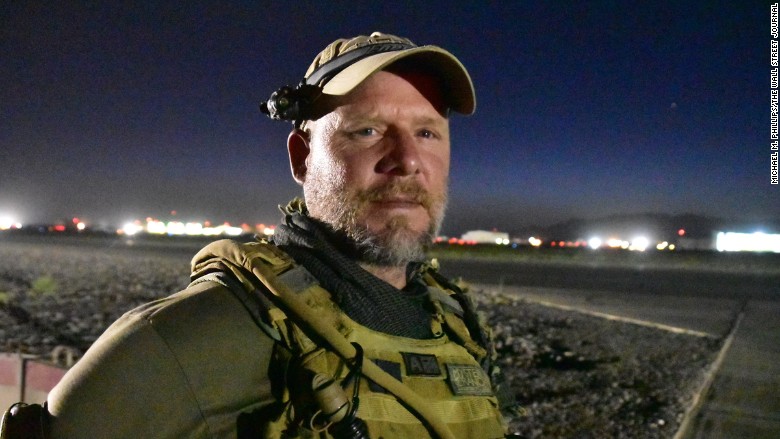ZH: Starting today, and continuing for the next month, the FAA has warned airplane pilots that GPS signals on on the West Coast, and especially over California and Nevada, may be impacted.
The reason why is not exactly clear, but as Gizmodo notes, the US military will be testing a device or devices that will potentially jam GPS signals for six hours each day. Officially the tests were announced by the FAA but are centered near the US Navy’s largest installation in the Mojave Desert, China Lake, located “just down the road” from Area 51. The Navy has kept silent about the nature of the tests.
An aerial view of the Naval Air Weapons Station China Lake
As Gizmodo adds, the FAA issued an advisory warning pilots on Saturday that global positioning systems (GPS) could be unreliable during six different days this month, primarily in the Southwestern United States. On June 7, 9, 21, 23, 28, and 30th the GPS interference testing will be taking place between 9:30am and 3:30pm Pacific time. But if you’re on the ground, you probably won’t notice interference.
The dates and times of potential GPS outages per the FAA are shown below:
- 7 JUN 16 1630Z – 2230Z
- 9 JUN 16 1630Z – 2230Z
- 21 JUN 16 1630Z – 2230Z
- 23 JUN 16 1630Z – 2230Z
- 28 JUN 16 1630Z – 2230Z
- 30 JUN 16 1630Z – 2230Z
The testing will be centered on China Lake, California—home to the Navy’s 1.1 million acre Naval Air Weapons Center in the Mojave Desert. The potentially lost signals will stretch hundreds of miles in each direction and will affect various types of GPS, reaching the furthest at higher altitudes. But the jamming will only affect aircraft above 50 feet. As shown in the FAA map below, the jamming will almost reach the California-Oregon border at 4o,000 feet above sea level and 505 nautical miles at its greatest range.
The FAA map showing the GPS jamming that will occur at different altitudes this month
“We’re aware of the flight advisory,” Deidre Patin, Public Affairs specialist for Naval Air Warfare Center Weapons Division told Gizmodo but she couldn’t give any further details about whether there was indeed GPS “jamming,” nor whether it had happened before. Patin added, “I can’t go into the details of the testing, it’s general testing for our ranges.”
Embraer Phenom 300 business jets are specifically being told to avoid the area completely during the tests.
THIS NOTAM APPLIES TO ALL AIRCRAFT RELYING ON GPS. ADDITIONALLY, DUE TO GPS INTERFERENCE IMPACTS POTENTIALLY AFFECTING EMBRAER PHENOM 300 AIRCRAFT FLIGHT STABILITY CONTROLS, FAA RECOMMENDS EMB PHENOM PILOTS AVOID THE ABOVE TESTING AREA AND CLOSELY MONITOR FLIGHT CONTROL SYSTEMS DUE TO POTENTIAL LOSS OF GPS SIGNAL.
This means that billionaires flying into Santa Monica will have to find alternative routes in the affected intervals, due to the FAA’s warning that the jamming test could interfere with the business jet’s “aircraft flight stability controls.”
As Gizmodo’s Matt Novak writes, “GPS technology has become so ubiquitous that cheap jamming technology has become a real concern for both military and civilian aircraft. And if we had to speculate we’d say that these tests are probably pulling double duty for both offensive and defensive military capabilities. But honestly, that’s just a guess.”
Readers who have more information on the nature of these tests are welcome to write in or comment. The full FAA Advisory is attached below.







